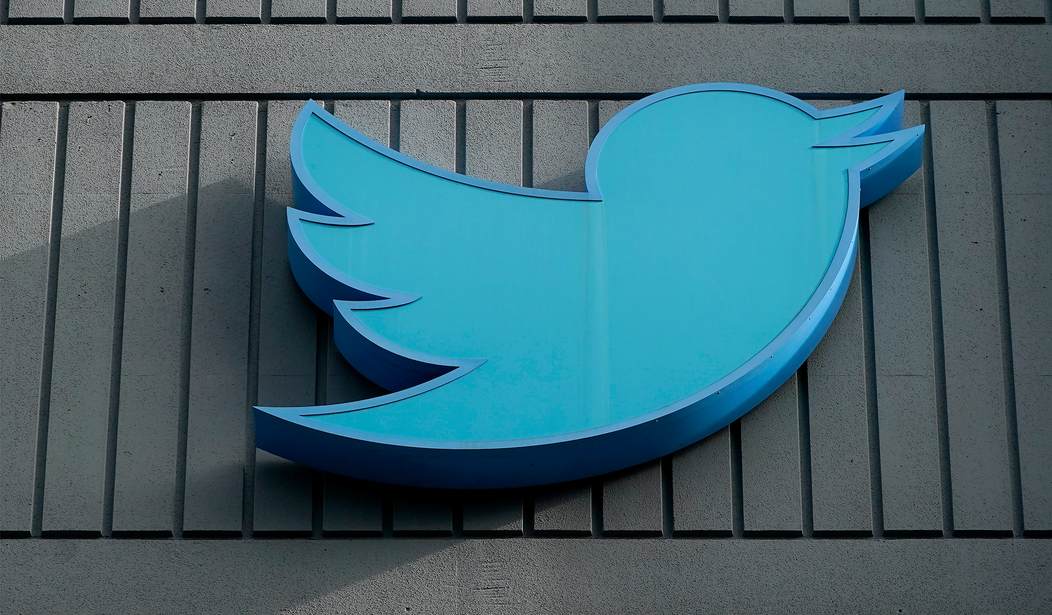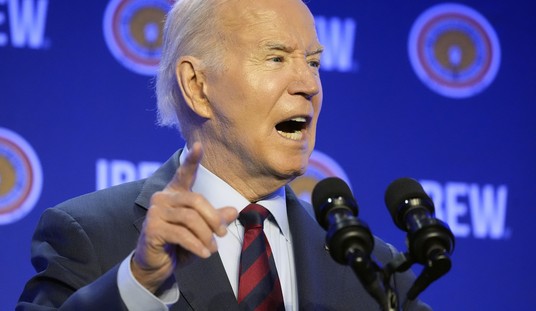(The opinions expressed by contributors are their own and do not necessarily represent the views of RedState.com.)
The progressive left has been throwing a tantrum like a five-year-old, spoiled kid over not getting the toy they wanted for Christmas, ever since Elon Musk took over Twitter. Activists working with the major news outlets have been doing their level best to discredit and undermine his leadership to their audiences, lest they come to realize that Big Tech companies are politically biased in their censorship practices.
But what is noteworthy about the response coming from the press is the uniformity of it all. Just as these outlets have done with Trump, they are all making the exact same arguments, almost as if a memo went out to the secret cabal of media activists giving them their scripted talking points.
I came across a few op-eds coming from left-wing propaganda outlets, and they all could have been written by the same author, based on the content.
For starters, we have Mr. Charlie Warzel, an activist with The Atlantic, who wrote a piece essentially claiming “nothing to see here” in relation to Bari Weiss’ reportage on how Twitter handled its content moderation. Warzel argued that “there’s no secret conspiracy,” and that the revelations “largely comport with what Twitter has publicly stated about its moderation policies over the past few years.”
He continued:
Since May 2018, Twitter has noted that it will change how a user appears in the site’s search feature if that user behaves in a way that “detracts from healthy public conversation.” Twitter has an entire Frequently Asked Questions page dedicated to this type of de-amplification, which it says it does based on a combination of algorithms and human decision making, but not via political ideology.
Warzel’s argument in this regard is deceptive. But we will get to that later.
The author then somehow finds a way to bring the Orange Man What Is Bad™ into the equation, since they still can’t stop thinking about him. “The dynamics of the entire affair are Trumpian in the most exhausting way possible. Attempts to engage with the attention hijacker only further his purposes, but ignoring him can feel as if you are letting him get away with distortions and the last word,” Warzel wrote.
He added: “What Musk seems to really want is to anger liberals, delight his right-wing and reactionary bedfellows, and alienate the mainstream media. This is surely why he releases documents only to writers who’ve expressed alignment on his pet issues.”
Not to be outdone, we have Charisma Madarang, who wrote a piece for Rolling Stone in which she expressed similar sentiments to that of her fellow activist, Warzel. Her op-ed was directed at the third iteration of the Twitter Files in which journalist Matt Taibbi detailed the decision to ban former President Donald Trump from the platform. The author wrote:
The thread also claims that in the weeks leading up to Jan. 6, and going as far back as Election Day, Twitter attempted to curtail the then-president’s election misinformation by employing in-house bots. “The significance is that it shows that Twitter, in 2020 at least, was deploying a vast range of visible and invisible tools to rein in Trump’s engagement, long before J6,” Taibbi tweeted. “The ban will come after other avenues are exhausted.”
Madarang continued, arguing that “the thread failed [to] acknowledge that much of this information had already been public knowledge, and therefore studied ever since the former president incited a riot at the Capitol and was subsequently banned.”
She goes on to characterize the rollouts of the Twitter Files as “sloppy, selective, and out of context” and claimed it was “old news repackaged as novel and ‘secret.’”
Again, the narrative is there is nothing to see here. There is nothing in the Twitter Files that hasn’t already been reported.
Last, but most certainly not least, Vanity Fair’s Caleb Ecarma took a swing at the Twitter Files. Like Madarang, Ecarma claimed the Twitter threads lack context “that would otherwise paint a complete picture of Twitter’s content-moderation policies.”
He continued:
The public still doesn’t know how many accounts were actually “shadow-banned,” why they were targeted, and the political persuasions of those who were—the last of which is particularly important, given the fact that several prominent leftist and anti-fascist users have been suspended during Musk’s short tenure. All that can be gleaned from the latest Twitter Files release is this: Musk, likely under pressure from spooked advertisers to justify his conservative rebrand of the company, wants everyone to know that at least a few right-wing users were sent to varying degrees of Twitter time-out.
Now then, let’s rip these arguments apart, shall we?
Let’s start with the activists’ contention that the Twitter Files revealed nothing that the company had not publicized in years past. That is patently false. Yes, the company admitted to throttling certain accounts, suppressing the Hunter Biden story, and banning Trump. There was no denying that these things happened, so they would look silly pretending they didn’t.
But what these people don’t want their audience to know is that members of the company’s leadership, like former CEO Jack Dorsey and former head of legal, policy, and trust, both told the nation that Twitter does not shadow ban. They also affirmed that when they do shadow ban, which they never do, they don’t do it based on political affiliation. Thanks to Musk, we now know that they do shadow ban. The difference is that they use a different term for the practice: “Visibility filtering.”
Doesn’t that sound so much less – shadowy?
If the previous leadership were still in charge, we would not have confirmation that the company specifically diminishes the reach of tweets coming from certain accounts. What progressives don’t like about this is that it vindicates what conservatives have been saying for years.
Then, there is the argument that this information is being presented out of context. But you might have noticed, dear reader, that the two authors making that claim failed to provide examples showing how Musk’s team is leaving out certain facts that might justify or clarify Twitter’s politically-biased censorship practices. The reason for this is simple: They have no argument here, so they have to use what I call the MSU (Make Sh*t Up) strategy.
Unfortunately for the activists working at establishment media outlets, their protestations do not hold water. They are not persuading anyone–except those who already want to believe Musk is the second coming of Hitler.












